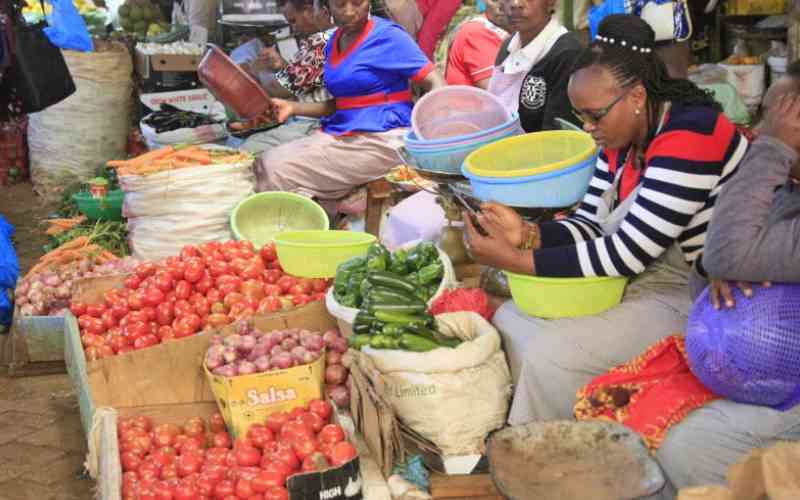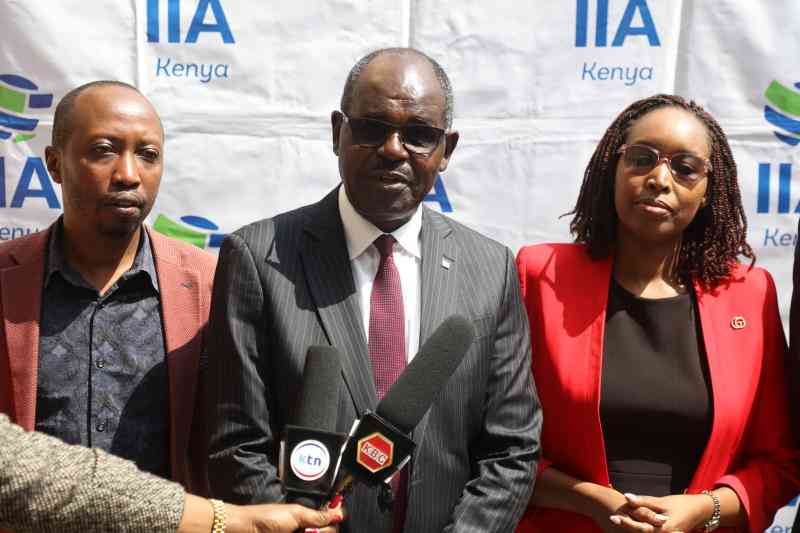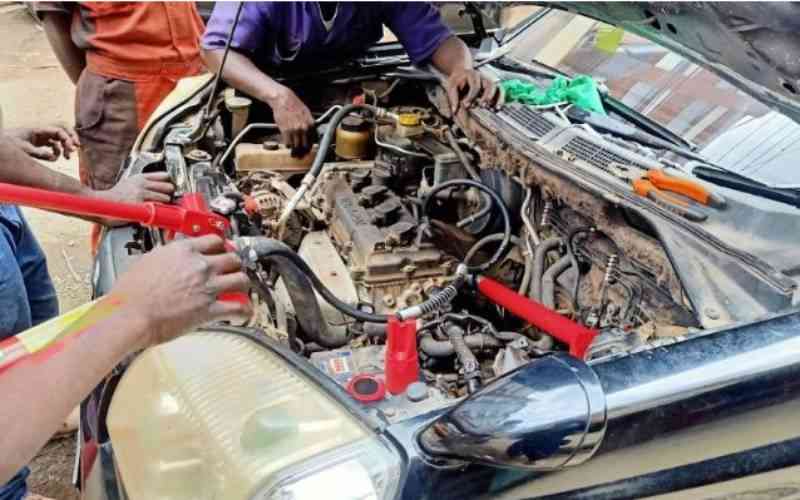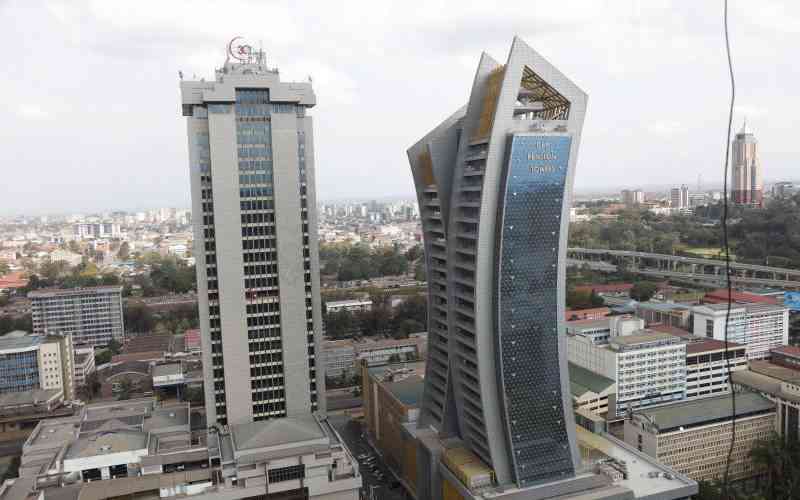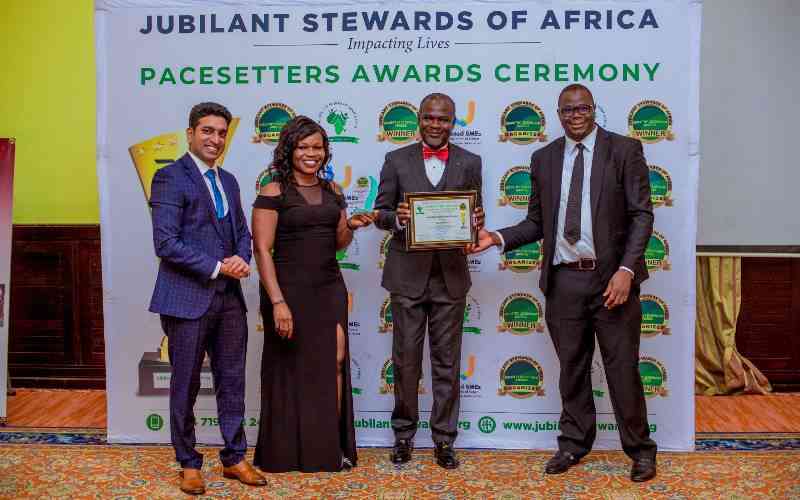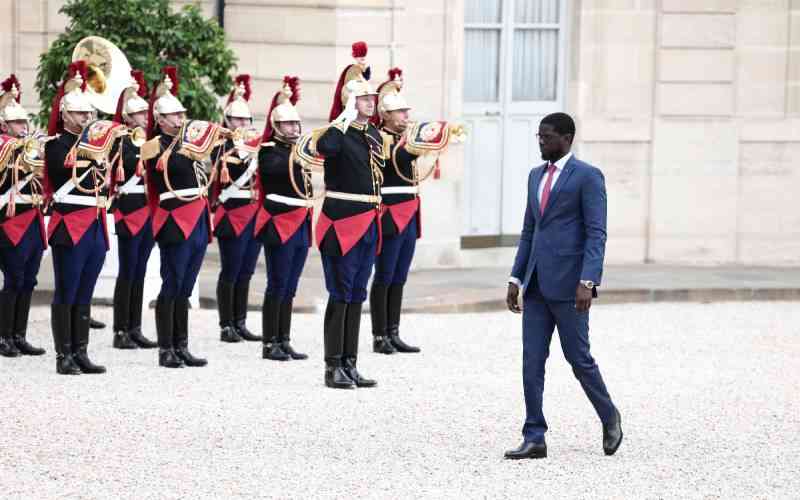
Senegalese President Bassirou Diomaye Faye arrives for a meeting with France's President at the Elysee Presidential Palace in Paris on August 27, 2025. [AFP]
After trading run-ins with the former government for the corridors of power, Senegal's dynamic duo of President Bassirou Diomaye Faye and Prime Minister Ousmane Sonko enjoyed a year-long honeymoon.
Yet recent attempts at projecting a friendship refreshed have failed to dispel doubts that the west African country's top political double act, whose rise to power fanned hopes of change among Senegal's many disadvantaged young people, may not last until the next elections in 2029.
Senegal is in the unusual situation of having a president, Faye, who owes his position in large part to Sonko, who would almost certainly have taken the top job had he not been barred from running.
In turn, Faye named his former mentor as prime minister after winning the presidency in 2024 on the back of the slogan "Sonko mooy Diomaye", which stands for "Sonko means Diomaye" in the west African Wolof language.
The longtime allies form a tight-knit team, with both having served time in jail under ex-president Macky Sall.
Since taking office, the pair have roughly divided tasks -- Faye deals with foreign affairs but remains low-key, whereas Sonko tackles internal matters in his more typically trenchant style.
Though both have been at pains to stress their respect for each other in public, in recent months tensions at the top have begun to appear in broad daylight.
'If I were president'
In a thunderous outburst to their Pastef party faithful in early July, Sonko accused Faye of a "failure of leadership" by not backing him up enough against his many critics.
"If I were president, things would not happen like that," insisted Sonko, a figure at once adored and reviled, who made his notoriety as an outspoken firebrand while in opposition.
With the episode raising fears of a brawl at the top, Faye worked quickly to play down any suggestions of a quarrel with his prime minister.
But in spite of appearances, many believe that a split persists.
"Everything points to a deeper malaise," said political analyst Sidy Diop, who pointed to a "real rift" between Faye and Pastef's radical base, loyal to Sonko.
Since Sonko's potshot, Faye has found himself targeted by hostile messages from Pastef supporters on social media.
Stay informed. Subscribe to our newsletter
In parallel, several party officials have come out to back the prime minister, who remains Pastef's chairman and its charismatic figurehead.
A Pastef lawmaker and close ally of the prime minister, Guy Marius Sagna, went as far as to proclaim Sonko the "legitimate president" on social media, demoting Faye to the title of "legal president".
"You can sense that there are now two camps" at the heart of the party, said Samba Oumar Fall, author of a 2024 book on the pair titled "Ruptures et Promesses" (Break-ups and Promises).
While the two men share the same politics, they possess very different temperaments and disagree on how to best put their politics into practice, observers note.
They notably disagree on the rule of law and the handling of crimes committed by the previous administration, as well as Faye's appointment of certain officials accused of being close to ex-president Sall, Sonko's arch-rival.
Divorce risks
Already the agitation has sparked questions and fears over whether this twin leadership can carry on until the 2029 presidential vote.
While still a long way away, Sonko recently voiced a desire to go for the top job himself, saying "nothing or no one could prevent me from standing".
As a result, the closer the election gets, the greater the risk of tensions between the two, said Diop, the analyst.
Faye, who before the 2024 vote had long laboured under Sonko's shadow, would likely be the first to admit he would not be where he was today had the prime minister not pushed him into the limelight.
For Diop, that fact gives Sonko, a skilful strategist in his own right, a legitimacy and political kudos that makes him a prime minister like no other.
On the other hand, Faye holds all the real power and can fire his head of government with a simple decree, the analyst added.
For civil society figure Alioune Tine, Faye and Sonko are "very complementary", with both conscious of the challenges Senegal faces, including widespread youth unemployment, the cost of living and reviving the economy.
"Nothing can separate them," said Tine, while Pastef official El Malick Ndiaye has insisted that "nothing, absolutely nothing, can shatter the unbreakable ties that bind them".
Any divorce would be a great disappointment for the Senegalese people, said Diop.
"They cannot afford the luxury of a separation that would benefit neither of them."


